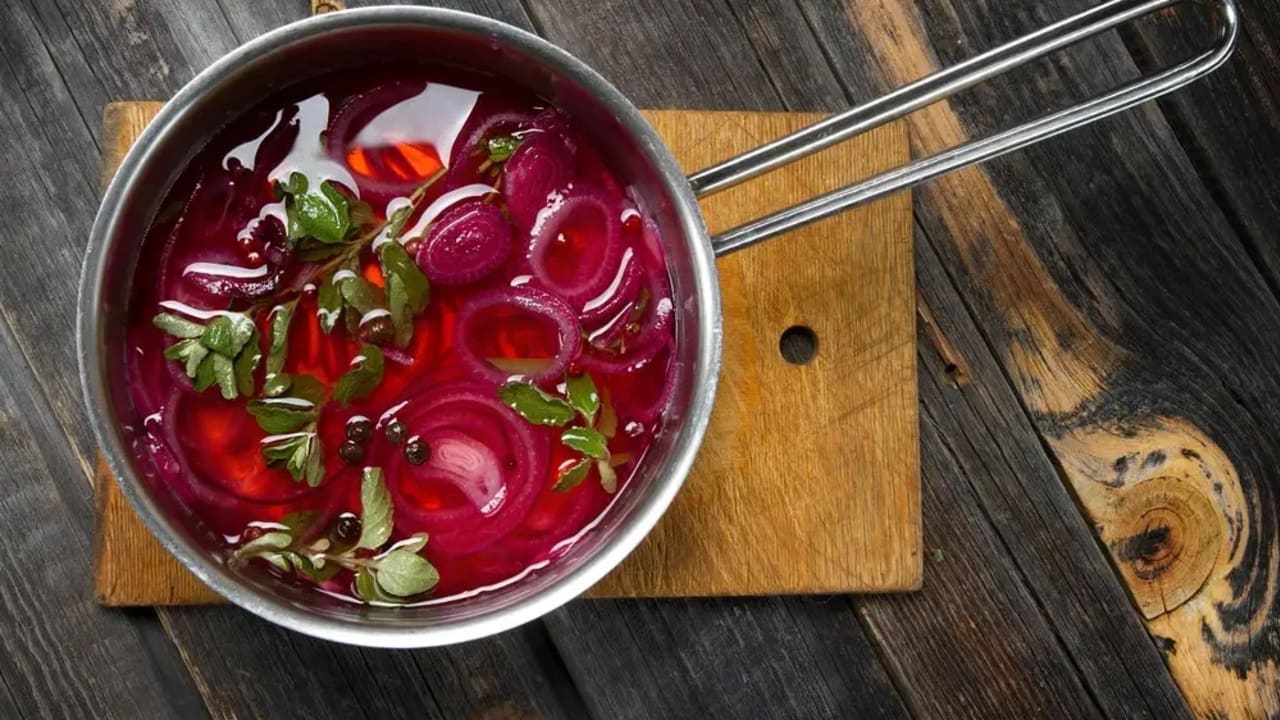Jerusalem Post
ByWALLA! HEALTH
Millions of people around the world deal each year with low moods and various levels of depression. Prescription medications help many of them, but side effects, costs, and inconsistent results cause not only many patients but even doctors to seek alternative solutions.
A new study from the University of Arizona reveals that the solution might be very simple—and found in your kitchen cabinet.
A research team led by dietitian Hailey Barung recruited 28 healthy overweight adults and randomly divided them into two groups.
Half drank two tablespoons of diluted red wine vinegar twice a day, while the others took a placebo capsule. For four weeks, all participants completed two standard questionnaires measuring depression.
The Amazing Results
The results were unexpected: In the vinegar group, depressive symptoms decreased by an average of 42%, compared to just an 18% decrease in the placebo group.
“These data provide additional support that daily vinegar consumption for four weeks can improve depressive symptoms in healthy adults,” the researchers wrote.
The team also collected blood samples to monitor biochemical pathways. The most notable change was an 86% increase in nicotinamide—a form of vitamin B3 that fuels the NAD⁺ pathway responsible for recycling cellular energy. Higher nicotinamide levels are associated with lower inflammation—a link that has long interested psychiatric researchers.
Two other metabolites also changed, suggesting that vinegar adjusts broader metabolic networks related to mood regulation.
How Might Vinegar Improve Mood?
1. Activating Energy Pathways
Acetic acid, the key component in vinegar, activates the enzyme AMP-activated protein kinase—an energy sensor linked to NAD⁺ production. More NAD⁺ means brain cells repair DNA damage more efficiently and maintain healthy mitochondria.
2. The Gut-Brain Connection
Acetic acid may encourage the growth of friendly bacteria that produce neurotransmitter precursors, creating a gut-brain feedback loop that many scientists now see as crucial to emotional balance.
3. Protecting Neurons
Lab work on mice has already shown that boosting NAD⁺ protects neurons from stress hormones, while studies in humans associate higher dietary vitamin B3 with a lower risk of depression.
How to Apply This Safely
The current study connects these ideas: Drink vinegar, raise nicotinamide levels, and thereby give the brain an energy boost.
Recommended dosage: 2 tablespoons of red wine vinegar or apple cider vinegar diluted in water, twice daily. Cost: Just a few agorot per day.
Ways to consume: Add vinegar to salad dressings, mix into a glass of water, or include in the food you eat.
Warnings: It’s advisable to rinse your mouth with water afterward to protect your teeth. People with reflux, kidney issues, or those taking regular medications—consult a doctor before starting.
It is important to note that this does not make vinegar a medical treatment, certainly not as a replacement for prescription drugs. The trial lasted only one month, and all participants initially had mild symptoms. Still, consuming a familiar nutritional ingredient twice a day—if it doesn’t help, it likely won’t harm.
“It’s worth continuing future research examining the effects of vinegar consumption in populations with clinical depression or those at risk, and in individuals taking antidepressants,” the researchers wrote. “Focusing on mechanisms and large patient samples will strengthen the science and provide more solid evidence of vinegar’s impact on our health.”
The full study was published in the journal Nutrients.











